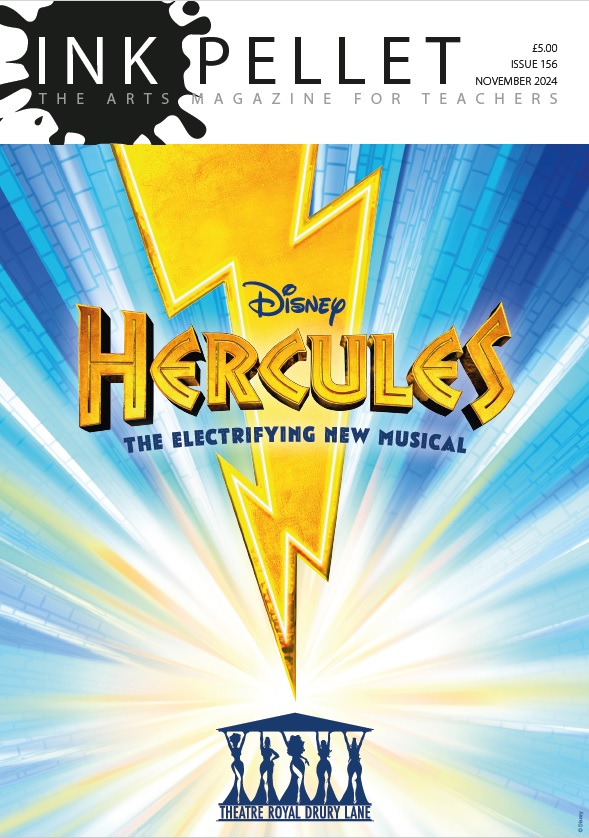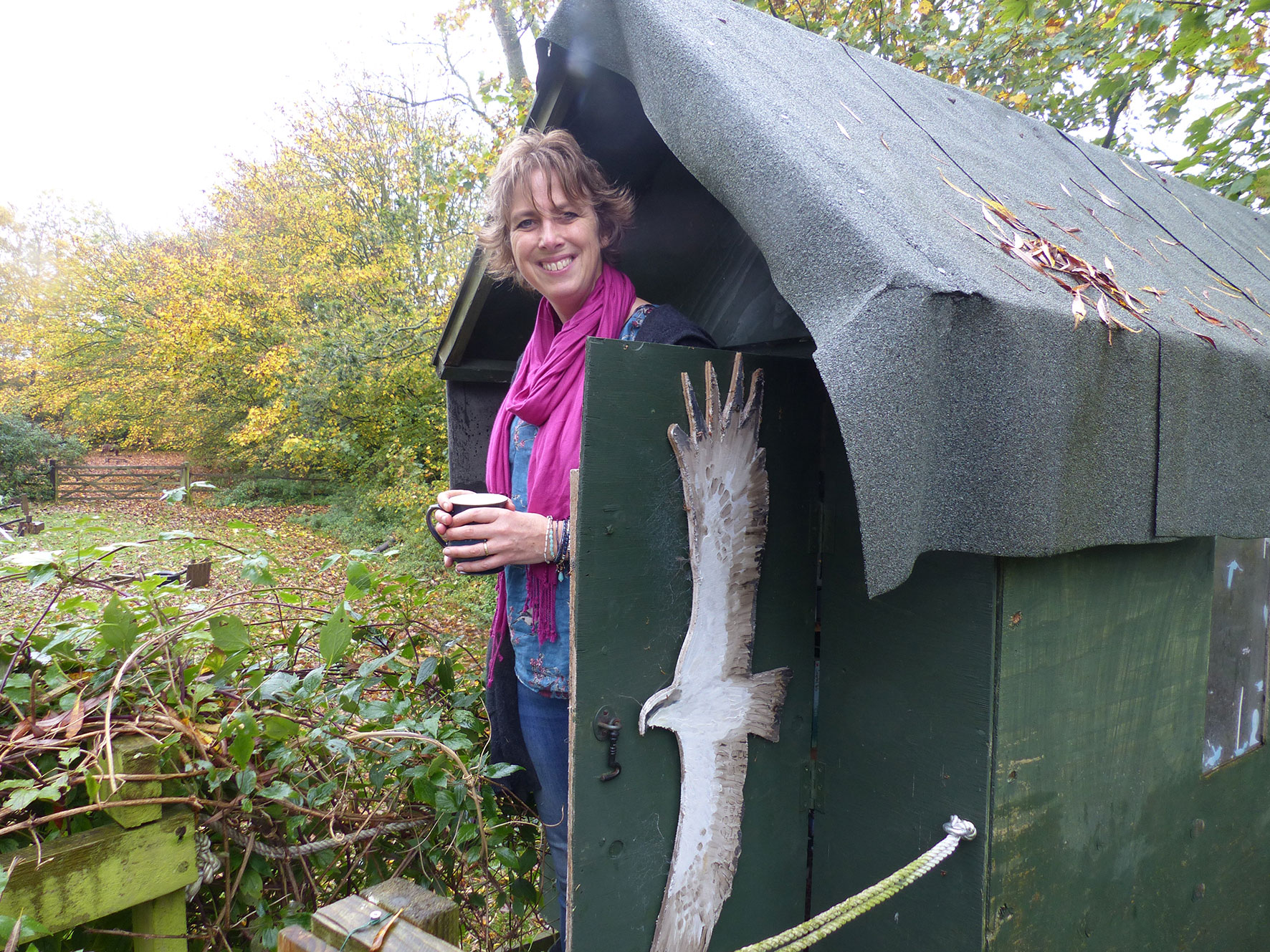Gill Lewis, 48 who trained and worked as a vet, is the author of novels about animals often being treated badly by humans usually for political or economic reasons. Her books for young adults include Moon Bear, White Dolphin and Sky Hawk all published by OUP. Her latest is Gorilla Dawn about rebels, industrialisation and corruption in the Democratic Republic of Congo and their effects on people and gorillas. Susan Elkin spoke to her for Ink Pellet.
You must have done well at school in order to train as a vet?
I went to schools in Bath. I loved my junior school, but hated my secondary school, where I scraped half a dozen O levels. I was quite a late starter but figured out at the age of sixteen that if I put a bit of effort into school work then I might be able to get good grades. I had to repeat my A levels to be accepted into the Royal Veterinary College in London. I loved the course, especially anatomy. I worked at home and abroad as a vet, finally settling (for now) in Somerset.
Where did the idea for the first book come from and how difficult was it to write?
I started telling stories to my own children and writing them down. I loved revisiting the creative process I had enjoyed as a child. I wrote the text for a picture book for a writing competition. The story didn’t win, but the book was published. I remember naively thinking that being published would be easy. Five years later, after many different story attempts and many rejection letters, I enrolled on a creative writing course at Bath Spa University. This was a turning point for me. I learned how to re-write and to edit, and to discover my own voice as a writer. The idea for Sky Hawk came after seeing the empty swallows’ nests in our sheds on a cold winter’s day and wondering if swallows could connect children in Africa with my own children. I chose the osprey because it is an icon of successful conservation, having been brought back from extinction in the UK.
Your books are pretty distinctive. Do you intend to carry on in the sub genre you’ve created or do you have long term plans to branch out?
I’m not sure. I have many ideas for similar stories, but I have other ideas as well. I think it’s important not to be pigeon-holed, because that is quite limiting. I also think it’s important to write the story that’s burning inside you wanting to be written. I’ve enjoyed writing the Puppy Academy series for younger children. So I suppose the answer to your question is…watch this space!
Where do you work?
In a spacious, light filled arboreal residence draped with exotic tapestries. A balcony overlooks a watering hole where wildebeest pass on their migration, and my butler brings fresh roasted coffee and gingernut shortbread every day, whilst I work on my next book. Ok…so that’s my fantasy treehouse. My real treehouse is little more that a shed on stilts in an area of small woodland. It’s a bit cold in winter and is home to too many spiders and the occasional squirrel, but it has no internet or phone line and hence no distractions. It’s lovely to hear the rain on the roof and write, wrapped up in an old duvet with a flask of coffee (made by me…no butler, sadly).
Do your own children read your books?
Yes, they’re teenagers now and they do read my books, though perhaps not quite as enthusiastically as when they were younger. However, they do come with me on research trips and my eldest joined me on the Great Gorilla Run, running through London dressed as gorillas, raising money for a gorilla charity.
How do you organise your working day?
On a writing day, I tend to work from 9am to 1pm, with lots of breaks and procrastination. I find I’m most productive in the morning. In the afternoon, I try to get admin done and I walk the dogs, and then there’s not much time until my children come back from school.
Do you do school visits?
I do school visits and love meeting readers. However, it’s difficult to juggle family and writing as well as visits, especially if I need to stay away overnight. I relish the contact with readers and getting feedback from them. It’s great to get out and about too, away from the treehouse. Because I can’t visit as many schools as I would like to, I often meet classes on Skype instead and I enjoy that too.
What can we do to encourage more reading – and engage children with books?
As a late reader myself, and someone who struggled with reading, I was put off books at an early age by the continual testing and reading schemes. The reading scheme stories were incredibly dull, and I never felt as if I was allowed to try to read the bigger books with the more exciting story-lines. Children develop reading skills at different ages but they have an enormous capacity to understand complex story-lines and ideas. I think we need to stop testing the reading of four and five year olds, and engage them with stories through books, music, drama and art. If children develop a love of stories, it follows that when they are ready to read, they will want to engage with books.
Anything else at all you’d like to say?
Books are more important now than ever for us to understand other people’s lives. Young people are constantly exposed to violent images in the media. The images and reports we see on our screens are often half-stories. This has the danger of letting us fill in the rest of the story with prejudice and fear, or – the other extreme – to glorify violence. Books allow us to hear the whole story and to walk in someone else’s shoes. Books can help us understand others and the world around us. Ultimately they allow us to understand ourselves.



